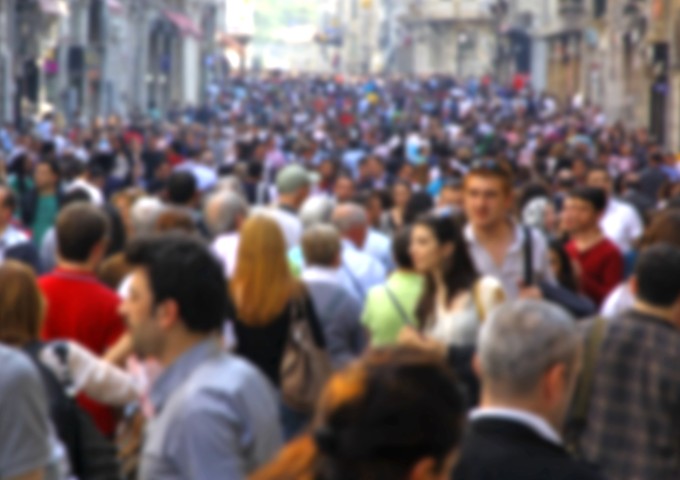What is anxiety?
Learn more about anxiety – how common it is, as well as the signs and symptoms of anxiety. Discover when normal worry becomes anxiety and find effective coping strategies.
Read more
Have you felt intensely nervous, fearful or panicked when faced with social situations or events? If these feelings are persistent and recurring, you may be experiencing some of the symptoms and signs of social anxiety disorder, also known as social phobia.

Making small talk, meeting new people, going to parties, eating in public, giving a presentation, attending a job interview, or even going to school or work can cause many people to feel nervous and a bit anxious. This is common and does not mean that a person has a social anxiety disorder.
Social anxiety is more than just being shy. Social anxiety is an ongoing intense fear (that is out of proportion to the threat) of one or more social situations. The person may fear being the centre of attention, being judged or criticised, or being humiliated even in the most ordinary, everyday situations. They may also worry that their physical symptoms of anxiety (sweating or blushing) will be evident to everyone.
When this fear is persistent (e.g. six months or longer), and the person starts to avoid social situations due to worry of being judged by others, it may be classified as a social anxiety disorder. The fear may negatively impact daily life, including study, career, socialising, hobbies, and relationships.
There’s no one, single cause of social anxiety disorder. Like other anxiety disorders, there may be several causes, and both nature and nurture play a role. The condition often starts in childhood or adolescence. Children who are shy or socially inhibited are more at risk; however, most will grow out of their shyness.
It is estimated that 11% of Australians may develop social anxiety during their lifetime, and 7% will experience social anxiety in any 12-month period.[1]
When a person with social anxiety disorder has intense anxiety and fear of a social situation, they may experience some of the following symptoms:
If the social anxiety is left untreated, it can lead to further complications such as depression, isolation, and relationship problems.
While it can be difficult for someone with symptoms of social anxiety disorder to seek help because seeing a mental health or support professional requires them to interact with someone, it is essential to do so as recovery is possible with the proper treatment.
Treatment options for social anxiety disorder include cognitive behaviour therapy (CBT), anxiety coping skills such as mindfulness and relaxation techniques, and social skills training. Visit your doctor, who can conduct a mental health assessment and provide a referral to a health professional if required. You can also call a free helpline like MensLine on 1300 78 99 78 to discuss your situation – our counsellors are available seven days a week.
If you need someone to talk to, you can call our MensLine Australia counsellors on 1300 78 99 78, or access free online counselling.
If it is an emergency, please call 000.
[1] https://www.beyondblue.org.au/mental-health/anxiety/types-of-anxiety/social-anxiety-disorder
Learn more about anxiety – how common it is, as well as the signs and symptoms of anxiety. Discover when normal worry becomes anxiety and find effective coping strategies.
Read more

Have you felt intensely nervous, fearful or panicked when faced with social situations or events? If these feelings are persistent and recurring, you may be experiencing some of the symptoms and signs of social anxiety disorder, also known as social phobia.
Read more
Many of us instinctively know that time spent in nature is great for both the body and mind, but now a growing body of research is scientifically proving its benefit for depression symptoms, anxiety attacks and stress relief.
Read more
Summer and the festive season often brings a busy social calendar. But not everyone enjoys these occasions. Here are some tips to deal with stress and anxiety social events can bring.
Read more